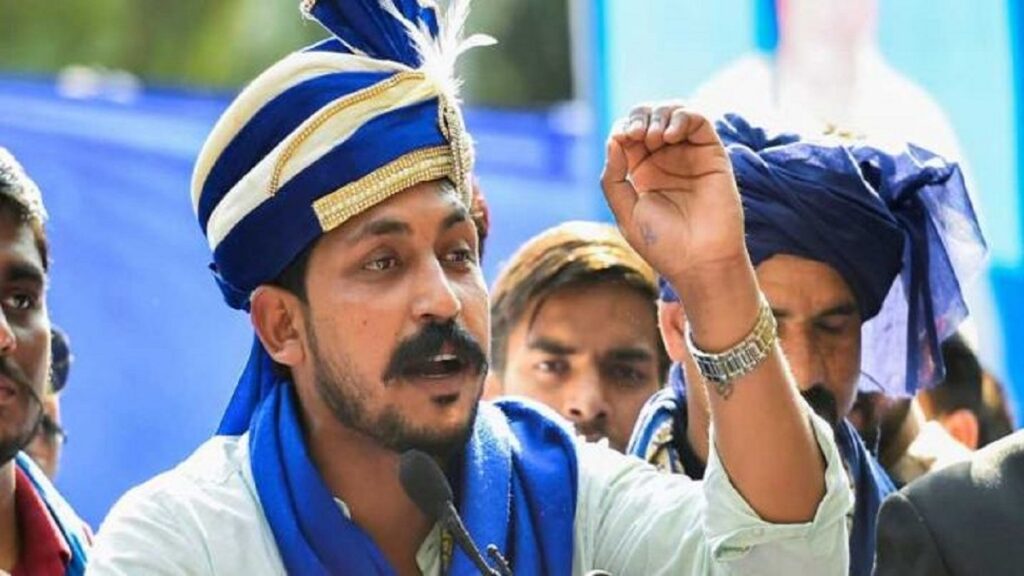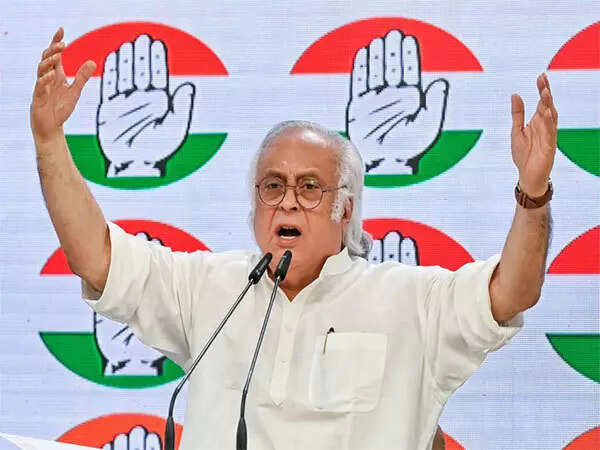From Admiration to Allegations: Rohini Ghavari’s Four-Year Account
When Dr Rohini Ghavari, a Valmiki-community PhD scholar studying in Switzerland, met Chandra Shekhar Aazad in June 2021, she considered the Bhim Army chief a beacon of Dalit empowerment. According to Ghavari, the online exchanges that began as policy discussions soon deepened into a “deeply personal” four-year relationship. In a viral X thread on 9 June 2025, she claimed Aazad relied on her for everything from drafting speeches to choosing Nagina as his 2024 Lok Sabha constituency—while privately promising marriage once he “succeeded in politics.”
पहले एक लड़की के लिए सब करो उसको पूरी तरह अपने प्यार में दीवाना बना लो की उसे भरोसा हो जाए की तुम ही उसका प्यार हो फिर उसकी जवानी का वो कीमती वक्त 25 से 30 का समय जब उसे एक साथी ज़रूरत है वो आप छीन लो !!
— Dr. Rohini Ghavari ( रोहिणी ) (@DrRohinighavari) June 9, 2025
जैसे ही वो लड़की आपसे शादी करने का कहे फिर उस लड़की को इस उम्र का सबसे… pic.twitter.com/CPFRKkoRyL
Ghavari released screenshots of alleged chats and a short video in which Aazad appears to apologise, arguing this “proof” shows she was “emotionally exploited for political gain.” She also labelled herself “Victim No. 3,” hinting that other women have endured similar harassment. The scholar, who previously worked with the International Labour Organization, says the betrayal plunged her into depression and suicidal thoughts, pushing her to speak out so “other Dalit women don’t suffer in silence.”
Her lawyers confirm that a criminal FIR—citing emotional exploitation, fraud, and breach of trust—is being drafted in Indore and is likely to be filed within days.
Bhim Army’s Counterclaim: BJP Conspiracy or Personal Dispute?
The Bhim Army has dismissed Ghavari’s accusations as a “well-orchestrated BJP conspiracy” aimed at tarnishing Chandra Shekhar Aazad’s image weeks after his successful parliamentary debut. In a strongly worded statement, spokespersons alleged that the timing—just after the 2024 General Election results—was designed to “neutralise a rising Dalit voice in national politics.” They insist the screenshots are “selectively edited,” adding that Aazad’s silence is strategic while the legal team prepares a defamation counter-suit once Ghavari’s FIR surfaces.
Political analysts note that both accuser and accused hold symbolic weight within India’s fragmented Dalit politics. Valmiki activists have rallied behind Ghavari, while several Ambedkarite groups urge caution, fearing the episode could fuel intra-community rifts. Meanwhile, social media remains polarised: hashtags like #JusticeForRohini trend alongside #StopSmearOnAazad, reflecting a broader battle over narrative control.
Legal observers say the case will hinge on the authenticity of Ghavari’s digital evidence and whether a personal relationship, if proven, can translate into criminal exploitation under Indian law. Bhim Army lawyers argue that “a personal dispute is being weaponised for political vendetta,” whereas Ghavari’s counsel counters that the matter is “a textbook example of gendered exploitation within social-justice movements.”
What’s next?
- FIR filing & police inquiry expected this week in Indore.
- Possible Bhim Army press conference to release counter-evidence.
- Watchdog NGOs have urged an independent probe to separate personal grievances from alleged political manipulation.
Regardless of legal outcomes, the controversy underscores the delicate intersection of activism, gender dynamics, and electoral politics—and shines a harsh spotlight on how quickly personal narratives can become national flashpoints in India’s hyper-connected political landscape.





















